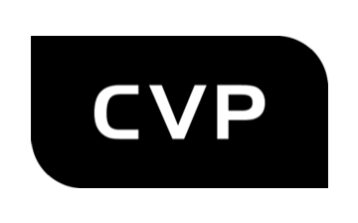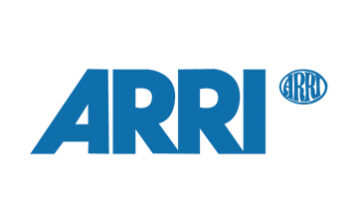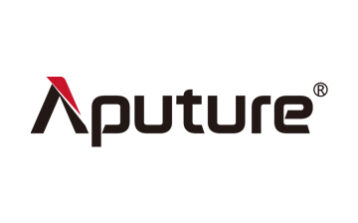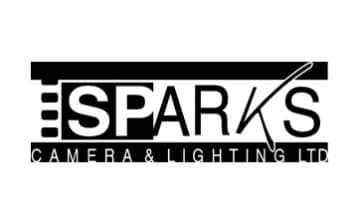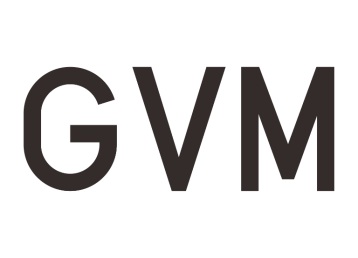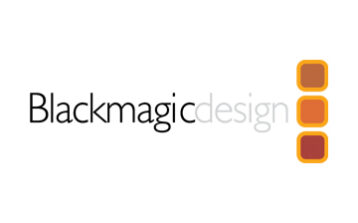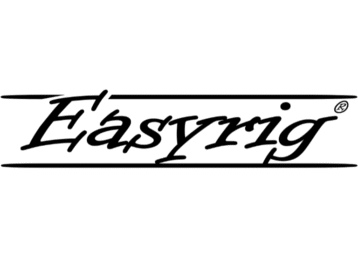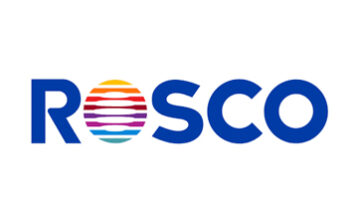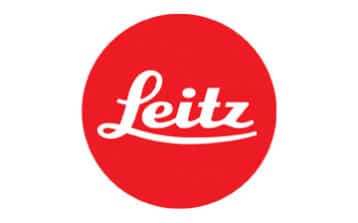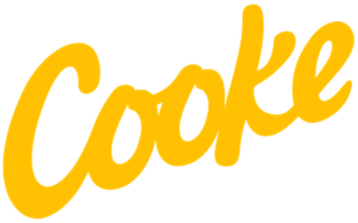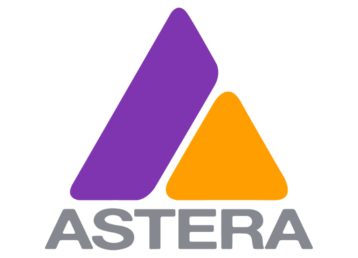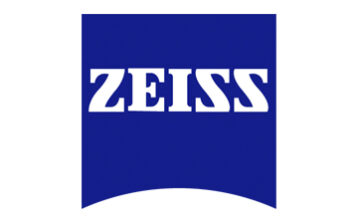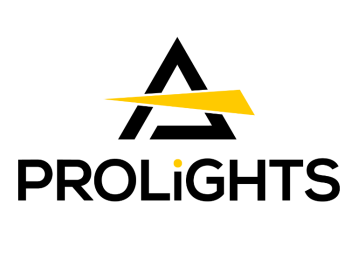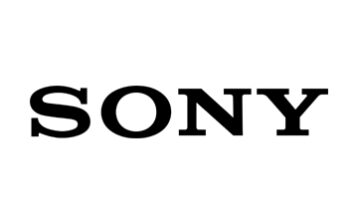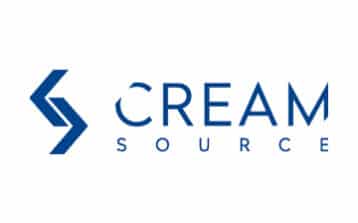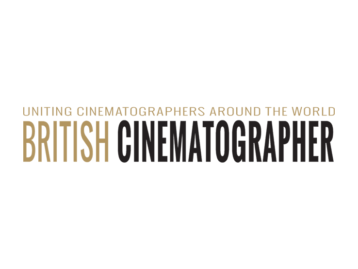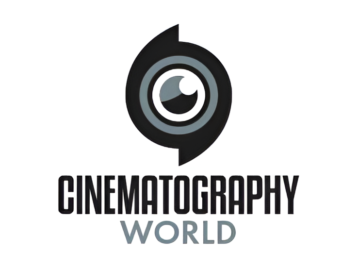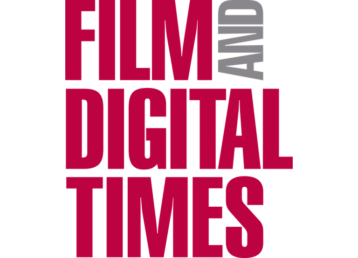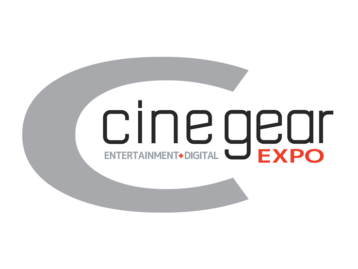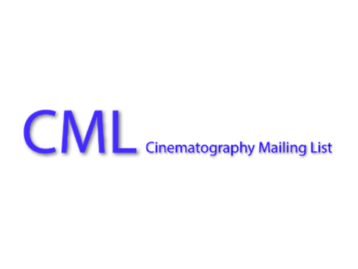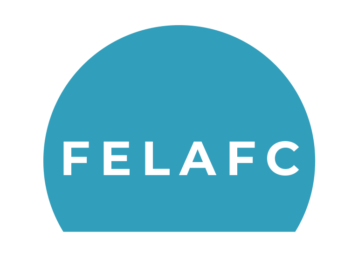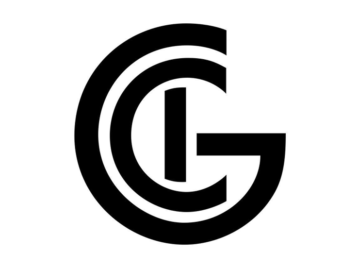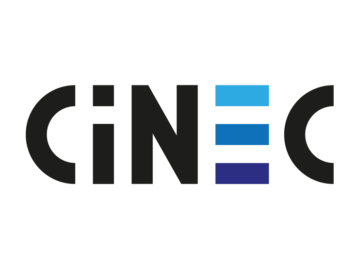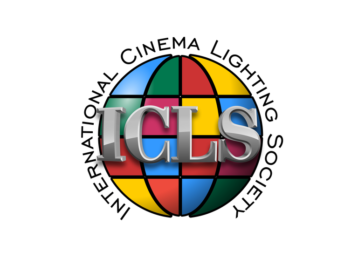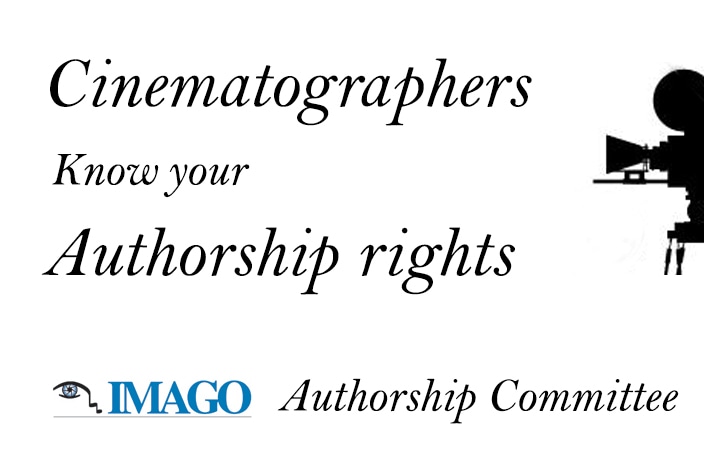
WHAT HAS BEEN DONE AND WHAT THE COMMITTEE, IMAGO, MEMBER’S SOCIETIES AND YOU CAN DO
Report by IMAGO legal advisor Dr. Cristina Busch
1.- Who are the Members of the Authorship Committee as voted at the last IAGA?
The Committee present the following as members: Luciano Tovoli AIC ASC, Jost Vacano BVK ASC, Vittorio Storaro AIC ASC, Nigel Walters BSC, Arko Okk ESC, Simon Plum DFF and Cristina Busch IMAGO legal advisor. Some of us are even founders of IMAGO. All of us are “experienced fighters for Authorship of Cinematographers”.
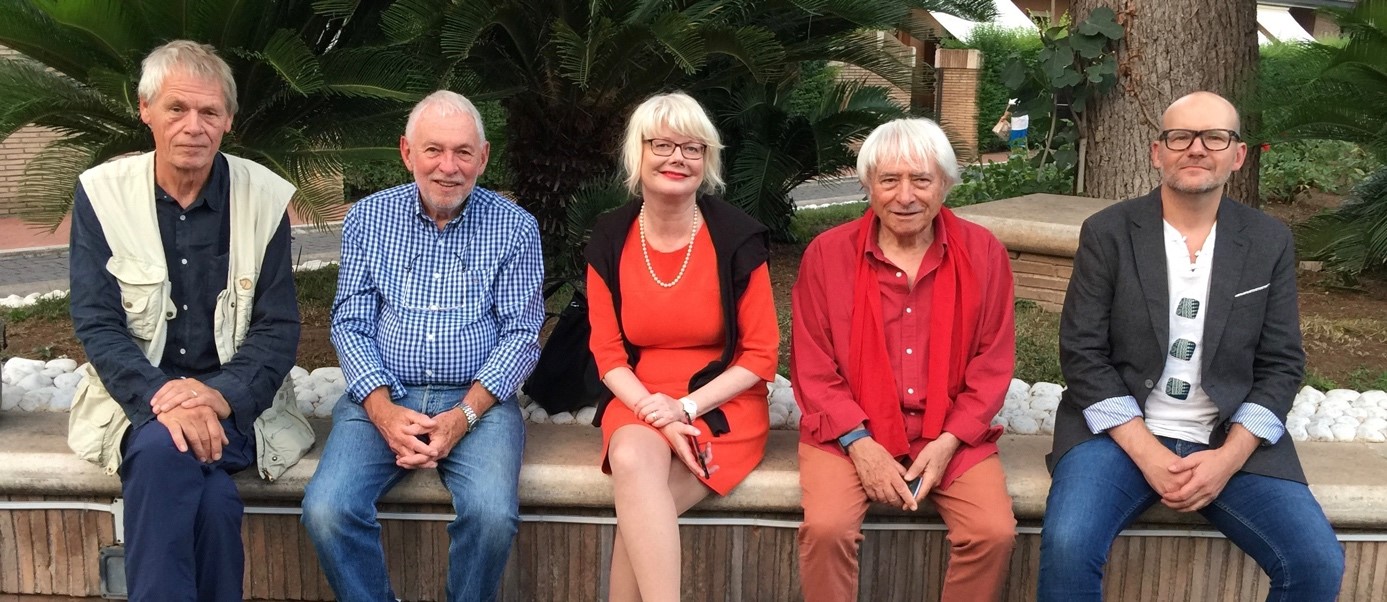 |
| IMAGO Authorship Committee meeting in Rome June 2018. From left: Simon Plum DFF, Nigel Walters BSC, IMAGO legal Advisor Dr. Cristina Busch Luciano Tovoli ASC AIC and Arko Okk ESC. (Absent when picture was taken Vittorio Storaro ASC AIC and Jost Vacano ASC BVK) |
2.- History and Problems of the Work of Authorship Committee:
To work to improve Authorship rights recognition for cinematographers has been one of the pillars and fundamental goals of IMAGO from the beginning (it was a main issue at the first informal meeting in spring of 1992, before IMAGO had even been officially founded).
Nevertheless, the work to be done by the Committee must overcome important obstacles and this will entail long-term activity. The Committee is confronted not only with a huge range of existing legal systems in the EU and on an international scale regarding the determination of (co)-authorship of films but also with important differences in countries regarding the collection of equitable remuneration by Collecting Rights Societies in favour of cinematographers and other differences which make immediate and long-term actions necessary.
| Authorship rights recognition for cinematographers has been one of the pillars and fundamental goals of IMAGO from the beginning |
As mentioned above, each country has found its own national solution regarding the question of Authorship of cinematographers and therefore the protection of economic and moral rights of cinematographers. This complex situation per se is aggravated by the fact that in some countries national Intellectual Property Law and national Film Law collide when regarding recognition of Authorship of cinematographers.
During the years the Authorship Committee has existed, the discussion within the committee and IMAGO has focused on the economic aspect of Author’s right (fair remuneration and/or participation of international exploitation of cinematographic works, etc.). The often neglected rights of involvement of cinematographers in post-production and colouring phase has so far not been considered as urgent nor as important as the economic aspect. As regards the economic aspect, many countries have made progress. The recognition of Authorship and remuneration has often been successfully obtained in practice by negotiation of Collecting Rights Societies and Producers.
The Authorship Committee also noticed that although in every IAGA the matter of Authorship, especially the existing differences between European and International legislation regarding determination of Authorship of the film and the different kind of protected Author’s right has been explained, not all members have a clear notion about this important issue.
Finally, the Committee has had to confront the so far limited interest of the European Federation of Directors (FERA) to collaborate with IMAGO in its struggle for recognition of Authorship for
| not all members have a clear notion about this important issue. |
cinematographers. This so far limited support is understandable since Directors are expressly recognized by EU Directives (and therefore in national Intellectual Property Law) on European level as co-author of the audio-visual work, so every recognition of Authorship of other creatives involved in the creation of audio-visual works entails the obligation to “share the cake”. Nevertheless, fruitful cooperation between FERA and IMAGO has recently begun in the field of working conditions, and therefore this could hopefully bring movement regarding the Authorship question.
3.- The Activities and Work done by the Authorship Committee and its results
a) Background:
The Authorship Committee began on the 25th of September with the first extensive fieldwork about the international experience regarding the protection of Author’s rights of cinematographers. Without gathering facts about the empirical/legal situation of Cinematographers in Europe and in the international territory, any strategy of IMAGO in this field is doomed from the start.
With the help of Tony Costa the Questionnaire-Survey was sent out to Member’s societies. This survey is a very important step forward to the goal of the Authorship Committee. After several reminders by Luciano Tovoli, Tony Costa and Paul René, the 15th of September was set as the deadline for submitting answers. At the IAGA (held in Helsinki on 27th of October, 2017) a preliminary summary was presented.
On the 22nd and 23rd of June 2018 the Authorship Committee met in Rome, having prepared this meeting by significant written statements of members of the committee.
The objective was first to analyse the result of the Questionnaire Survey and in a second step to collect ideas on how to harmonize cinematographer’s authorship position, his/her contractual conditions, improve and force the fight for economic rights collected by Collecting Rights Societies for second uses and to improve member’s state of conscience and culture around the Authorship matter (extensive to protection of moral rights). In a third step the Committee proposed some short time action and long-time action.
b) Short Preview of the Analysis on the Results of the Survey
So far the Survey is incomplete as IMAGO enrolled new members following the deadline for receiving answers and sadly some Member’s associations failed to answer at all.
42 Member’s associations answered the Questionnaire, and according to our information only 25% completed it with the help of lawyers. 75% or 31 member associations (15 EU and 16 INT ) requested legal or moral support from IMAGO.
The Result of the Survey provides a strong, clear mandate for immediate action, and most societies are ready to stipulate a campaign for recognition of Author’s rights. |
Cinematographers are recognised as (co-)authors in 26 countries (14 EU/12 INT) while photographers, for example still photographers, are recognised as authors in 40 countries .
The Result of the Survey provides a strong, clear mandate for immediate action, and most societies are ready to stipulate a campaign for recognition of Author’s rights.
c) Ideas on how to harmonize cinematographer’s authorship position, his/her contractual conditions, improve and force the fight for their rights collected by Collecting Rights Societies for second uses and to improve member’s state of conscience and culture related to the issue of authorship (extensive to protection of moral rights). The brainstorming during the Committee’s meeting in Rome was quite intensive, but due to the limitations of this article it is impossible to mention all the ideas.
d) Proposals of short- and long-term actions
The Committee has made proposals of short- and long-term actions to the Board, but still has not had the opportunity to discuss this in detail.
Nevertheless, as a preliminary statement:
aa) Short-term actions:
– The Committee suggests that one or two individual members of each IMAGOS’ Society (selected and/or proposed by his/her association), not recognized in their country, join an existing Collecting Rights Societies in a recognized country regarding this as an experimental step. According to EU law this is possible. But to be honest, the Collecting Rights Societies will not be very keen to welcome them. If many more cinematographers do the same, this might even lead to an unfair situation and could become rather conflicting in the long term. But by reducing this to a very small number of cinematographers, this experiment could be useful in future negotiations with Collecting Rights Societies.
| join an existing Collecting Rights Societies |
– Another possibility could be to initiate immediately a negotiation with existing Collecting Rights Societies to accept IMAGO’s members as new members “on the whole”, investigating and calculating how many members on the whole might be interested / affected.
– The idea of constituting a new Collecting Rights Society for IMAGO’s members who are not recognized as (co-) authors in their countries, cannot be a short-term action due to its complexity and costs.
– However, the possibility of constituting an agency should be investigated, NOT a Collecting Rights Society such as Soundreef, or createdenmark.de, or to become member of those existing agencies, therefore more detailed information of those agencies is necessary.
– At the same time the Committee will work to collect more detailed information concerning the constitution of SCREEN CRAFT RIGHTS in Great Britain, a Collecting Rights Society recently founded, but which has functioned well since the beginning.
– Investigate the situation of AGICOA, the international collecting Society for Producers, located in Geneva, Switzerland. The research made so far seems rather difficult, with Paul René especially investigating this Collecting Society. According to his understanding, the money AGICOA collects and distributes is supposed to go not only to producers, but to be fairly distributed to all rights holders of audio visual production. As far as it has been investigated, the money is mainly distributed to producers, but not regularly redistributed by the producer to other rights holders as it should
– Evaluate if IMAGO should initiate a campaign regarding the “unpayable remuneration” which is collected by all Collecting Rights Society concerning exploitation of audio visual works. Unpayable remuneration will mean that this remuneration to foreign rights holders will be collected by a national Collecting Rights Society but kept as “unpayable remuneration”. Unpayable either because the Collecting Rights Society for the rights holders in question does not have an agreement with the national Collecting Rights Society, or because the foreign rights holders are not registered in any national Collecting Rights Society, for example because he or she is not recognized as Author. Generally, this “unpayable remuneration”, following a time-limit without a claim from anyone is assigned to social objectives of the Collecting Rights Societies. In the end, this helps national rights holders. Again, IMAGO must investigate the facts and then decide if it is worse to initiate such a campaign, which could harm relations between IMAGO and Collecting Rights Societies.
bb) Long term actions
“Class action” due to discrimination.
In short, a “Class action”, “Class suit”, or “Representative action” is a type of lawsuit where one of the parties is a group of people who are represented collectively by a member of that group or class of people (for example, consumers, but also professional, or racial and genre representatives) suffering the same grievance. As mentioned at the beginning of this article, IMAGO must face a plurality of existing legal systems in the EU-countries regarding the determination of (co-)authorship of films. Therefore, a “Class action” could be initiated because of infringement of the fundamental principle of no-discrimination between the different scopes of legal protection of cinematographers.
Such a “Class action” is highly complicated and expensive. If IMAGO should win the litigation, this will influence the harmonization of Author’s rights for all cinematographers. Of course, the European Case will have consequences also for the majority of democratic States outside Europe. But this is now going too far.
THE AUTHORSHIP COMMITTEE’S AIMS AND PRIORITIES:
1.- Organize the above-mentioned investigations.
2.- Expand communication with the IMAGO Board and collaborate more intensively with the Board to exchange information of any initiatives and activities in the area of Author’s rights.
3.- Contact the member Societies again who have not answered the Survey (including the new members)
4.- Contact again the member Societies who have answered to check their answers to the survey.
5.-Prepare a synthetic summary paper of the survey, once all the answers are in perfect condition.
6.- Ensure the work is done on necessary adjournment and completion of the Questionnaire Survey.
THE IMAGO BOARD’S AIMS AND PRIORITIES:
1.- Collaborate with the COMMITTEE in the necessary investigations.
2.- Research collaboration and involvement with other associations such as FERA, ECSA, Performers, UNIMEI, etc.
3.- Inform members and members Societies about the International Legal Study on Implementing an unwaivable Right of audio-visual Authors to obtain equitable remuneration for the exploitation of their works (CISAC, Study updated May 2018, Prof. Raquel Xalabarder), because of the danger that exclusive economic rights of authors will be regarded as “mere” remuneration rights, administered by Collecting Rights Societies. According to this study “the remuneration rights would not affect, or in any manner upset, the production agreements…. It would simplify licensing exploitation markets, helping producers comply with their obligations to provide equitable remuneration for audio-visual authors from all means of exploitation and over evolving markets….” This might imply a great challenge for authors’ rights in the audio-visual sector. To summarize: no exclusive rights, but a new remuneration right, which means no power of negotiation for individual audio-visual authors, only power for the Collecting Rights societies.
4.- Work to provide the Committee with a concrete budget in order to give the legal and moral support requested by the Members of IMAGO.
5.- Negotiate, in case, with existing Collecting Rights Societies to accept IMAGO’s members as new members as explained above.
6.- Intensify all contacts with institutions, associations of restauration of audio-visual works in order to archive the respect of moral rights of authors of cinematography.
7.- Organize a campaign to make clear to the members of IMAGO that being considered as a (co)-author of the cinematography implies automatic recognition of moral rights of intellectual property rights, not only economic rights, which has an important value regarding manipulation of audio-visual works.
8.- Promote cinematographer’s profession globally.
9.- Initiate collaboration with Producer’s Associations.
WHAT CAN MEMBER ASSOCIATIONS DO?
1.- If your Society have not answered the Questionnaire Survey yet, please answer it with the help of a lawyer, as soon as possible.
2.- If you have taken part in the Survey, supervise the given answers.
3.- Collaborate with the Committee as regards making comments, doing research, etc. regarding the investigations mentioned above.
4.- Inform the IMAGO Authorship Committee of any case of importance where cinematographers economic or moral rights have been infringed.
5.- Organize educational campaigns for members regarding Author’s rights.
6.- Collaborate in any new survey or amendments of the Questionnaire Survey or any other surveys of importance for Author’s rights, sent by the Board to Member’s Associations.
WHAT CAN YOU (AS IMAGO MEMBER) DO?
1.- Work to strengthen and enforce the effort your member Society do in working to promote cinematographer´s authorship rights.
2.- Help strengthen and enforce the work of the IMAGO Authorship Committee and the Board.
3.- Give impulses to Committee for its work.

